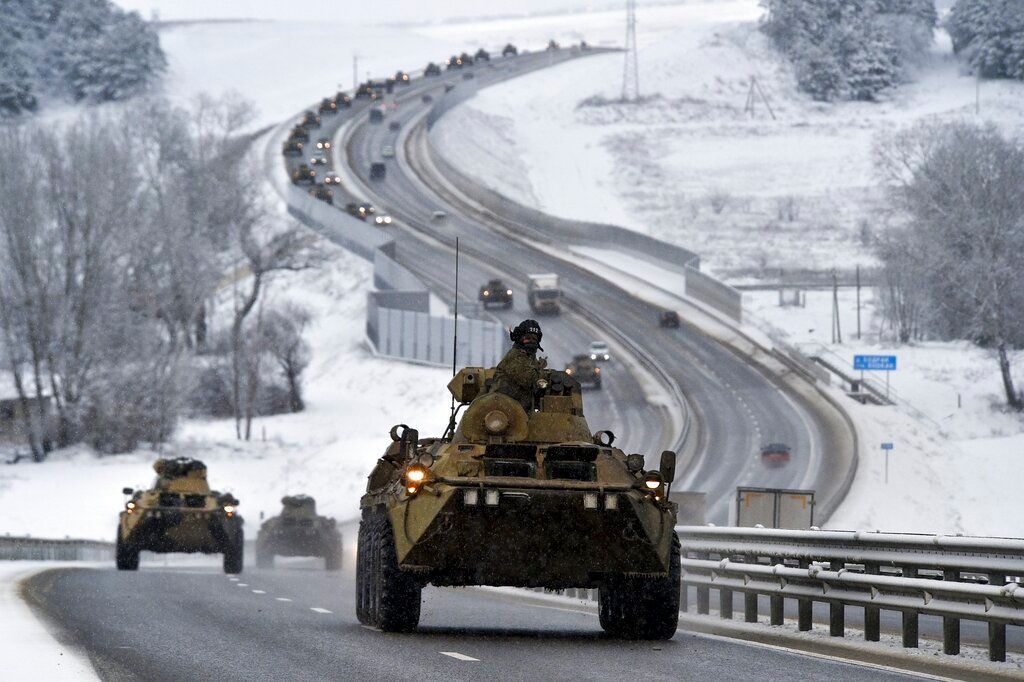Russia is getting ready to celebrate its historic Victory Day on May 9. It is the then Soviet Union’s victory over Nazi
Germany during World War 2. But this year’s celebration adds a whole new
perspective.
Since Russia launched its “special
military operation” on Ukraine in February, this year’s Victory Day will make a
turning point in its invasion. Kremlin is likely to declare a full scale “war” on Ukraine on
May 9.
Though Russia rubbished such reports,
Ukrainians do not want to buy Kremlin’s opinions. They are getting ready for a
fresh wave of attack.
Also Read: Hungary retracts support from EU sanctions targetting Russian oil exports
Why does Russia celebrate Victory Day?
Russia defeated Adolf Hitler’s Nazi
forces in the far east of Europe during World War 2. The allies who were
against Hitler observed “V-E Day” or Victory in Europe Day on May 7 after the
Nazis surrendered in France. Soviet leader Joseph Stalin chose to celebrate the
fall of the Nazis in Soviet-controlled Berlin the next day.
It was in the post-Soviet era that
President Boris Yeltsin made Victory Day celebrations an annual affair. It was
Soviet leader Leonid Brezhnev who declared May 9 a national holiday. The
Victory Day celebrations in Moscow include a massive military parade. Russian
leaders also traditionally stand on the tomb of revolutionary leader Vladimir
Lenin in Red Square.
Also Read: Mariupol’s Azovstal plant loses contact with Ukraine, mayor says
Vladimir Putin to add new dimension to the Victory Day
Since Russia’s attack on Ukraine in
February both sides lost so many of their soldiers. Though the West criticised
Russia, an adamant President Putin will use his May 9 speech next week to draw
parallels between the conflict in Ukraine and the heroism of Soviet soldiers
during World War II.
Preparations for the Victory Day celebration are also underway in Russia this year. The military parade next week may include eight MiG-29 jets flying in the shape of the letter “Z,” which has become a popular symbol of Russian nationalism, reported The New York Times.







